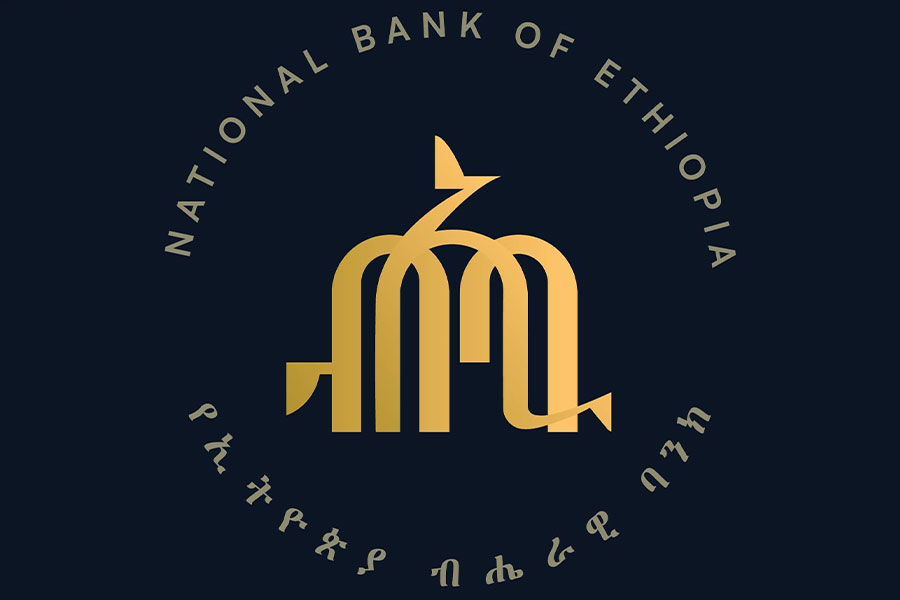
Mar 30 , 2024
By Hintsa Andebrhan
The transformation of Dubai from Al Wasl, a quaint fishing village, to a symbol of modernity and a hub for tourism and commerce presents a fascinating study of urban evolution and cultural preservation amidst rapid development. While an illustration of its leaders' ambition and futuristic vision, its metamorphosis also serves as a poignant reminder of the inherent value of historical consciousness in the face of relentless progress.
The case of Addis Abeba provides a striking parallel, marked by a tug-of-war between the imperatives of modernisation and the custodianship of heritage.
In the 18th Century, the then Al Wasl was little more than a speck along the Persian Gulf, its economy rooted in fishing and pearling. The early settlers laid the foundations for a community that would centuries later emerge as a global icon of architectural innovation and urban planning. Historical records from the early 1800s detail the construction of extensive fortifications, including walls stretching from the Al Fahidi District to Al Fahidi Fort, to protect the nascent community.
The Al Fahidi Fort, erected around the same time Dubai became a dependency in the late 18th Century, is a living reminder of this era of foundational development. Now housing an art gallery, the Fort connects visitors with the region's artistic heritage, offering insights into Emirati traditions through contemporary Arabic works. The melding of the ancient with the modern encapsulates Dubai's approach to urban development, wherein the preservation of historical sites operates in concert with the city's forward-looking ethos.
Dubai's evolution offers instructive lessons. Integrating preservation into the blueprint of modern urban development provides a pathway that respects both the past and the future. The preservation of cultural sites and the facilitation of modern urban living need not be mutually exclusive. They can coalesce into a cohesive vision that honours heritage while embracing change.
Contrastingly, Addis Abeba's journey through time uncovers a more tense relationship between development and historical preservation.
Founded in the late 19th Century, the city harbours potential archaeological riches that narrate Ethiopia's storied past. Yet, the current administration's urban redevelopment initiatives have sparked controversy over their impact on the city's cultural and historical legacy. Marked by civil unrest and socio-political upheaval, the demolition and construction projects have been criticised for sidelining the preservation of the city's heritage in favour of modernisation efforts.
Prime Minister Abiy Ahmed's (PhD) administration has been particularly zealous in pursuing urban renewal, championing policies that facilitate the demolition of old structures to make way for new developments. Its intent to allow foreign real estate ownership further reveals a vision for Addis Abeba that prioritises economic transition over cultural preservation.
This reflects a broader trend observed in rapidly developing cities around the globe, where the drive for modernity often collides with the imperative to preserve historical and cultural heritage. Dubai's experience shows how development and preservation have been balanced more successfully. The city's transformation did not eschew its historical roots but integrated them into its modern identity's fabric.
Balancing modernisation and preservation should raise deeper questions about identity, heritage, and the legacies communities choose to safeguard for future generations. Demolition of ancient sites and neighbourhoods in the name of development poses a risk not just to the physical landmarks but also to the intangible heritage they embody—the customs, traditions, and communal bonds that define a place's social fabric. The soul of a city lies not just in its physical structures but in the stories and memories that those structures embody.
The historical significance of Addis Ababa demands a considered approach to urban development, one that privileges the preservation of its heritage sites as much as it does the construction of new infrastructures. Achieving a harmonious balance between these competing demands should be possible.
PUBLISHED ON
Mar 30,2024 [ VOL
24 , NO
1248]

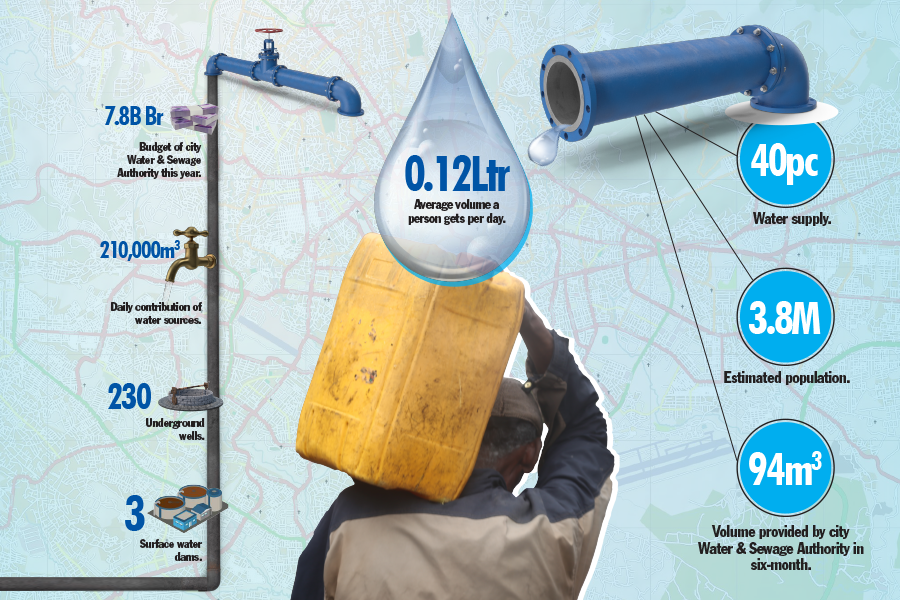
Fortune News | Mar 18,2023
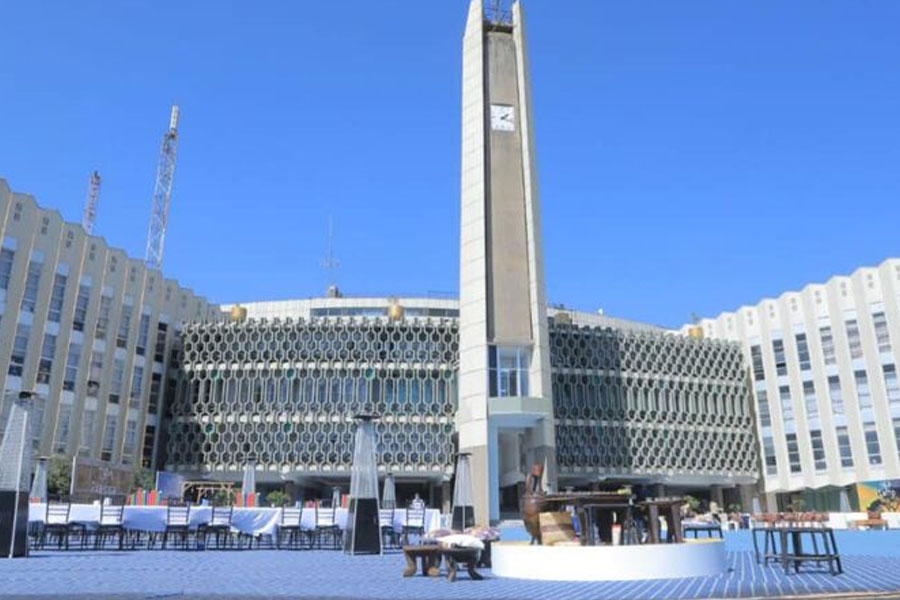
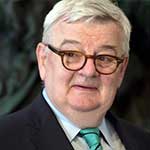
Commentaries | May 31,2020
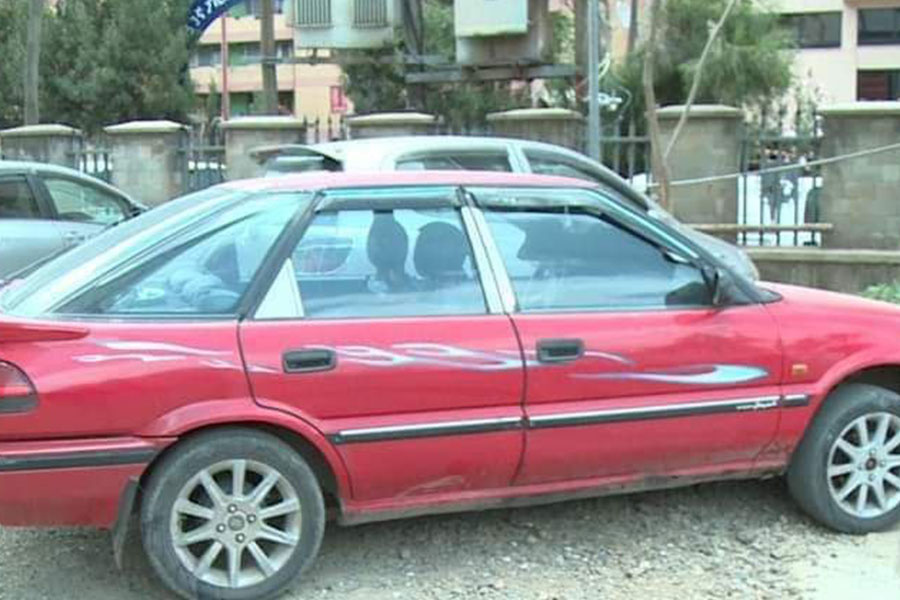
Agenda | Jun 11,2022
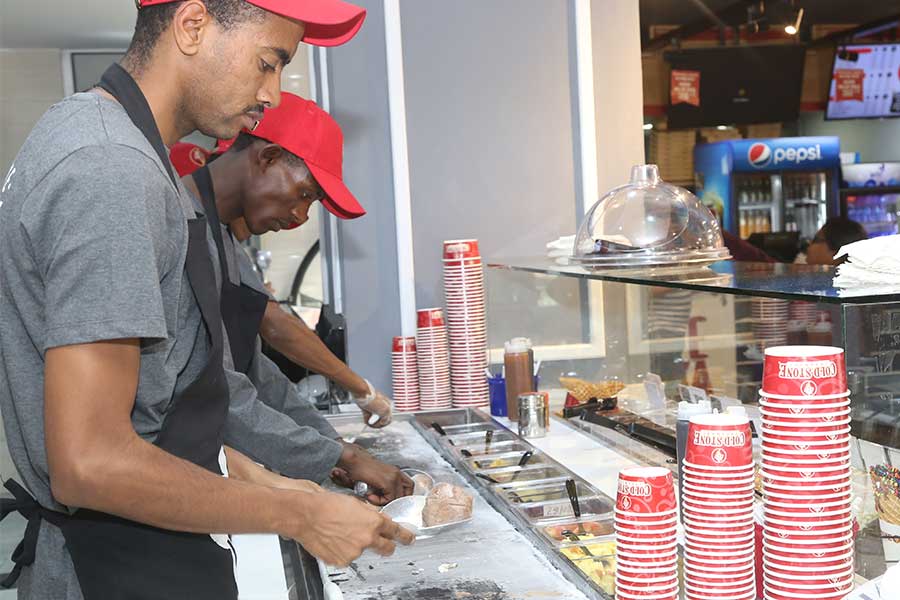
Fortune News | Feb 29,2020
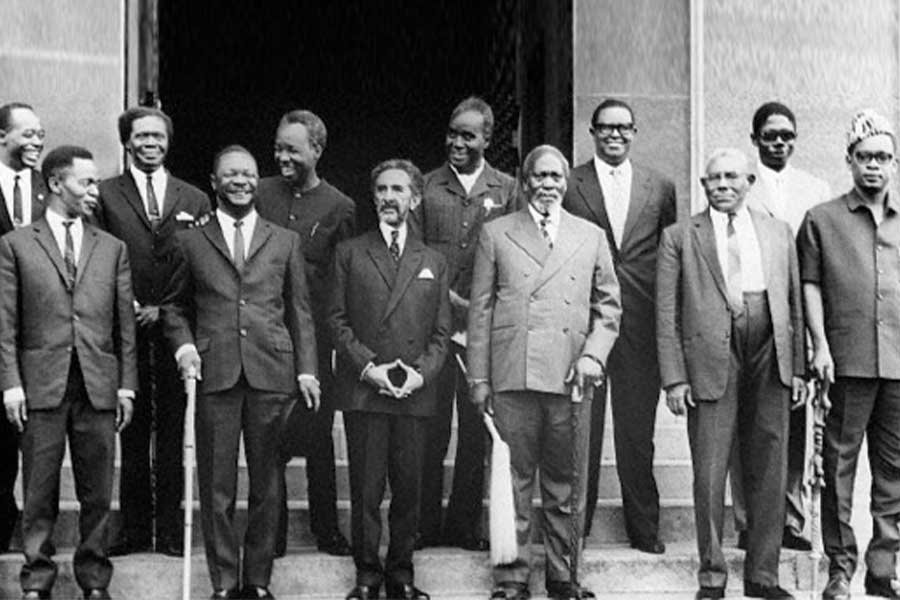
View From Arada | Jun 07,2020

Fortune News | Oct 26,2025

Viewpoints | Jul 27,2024
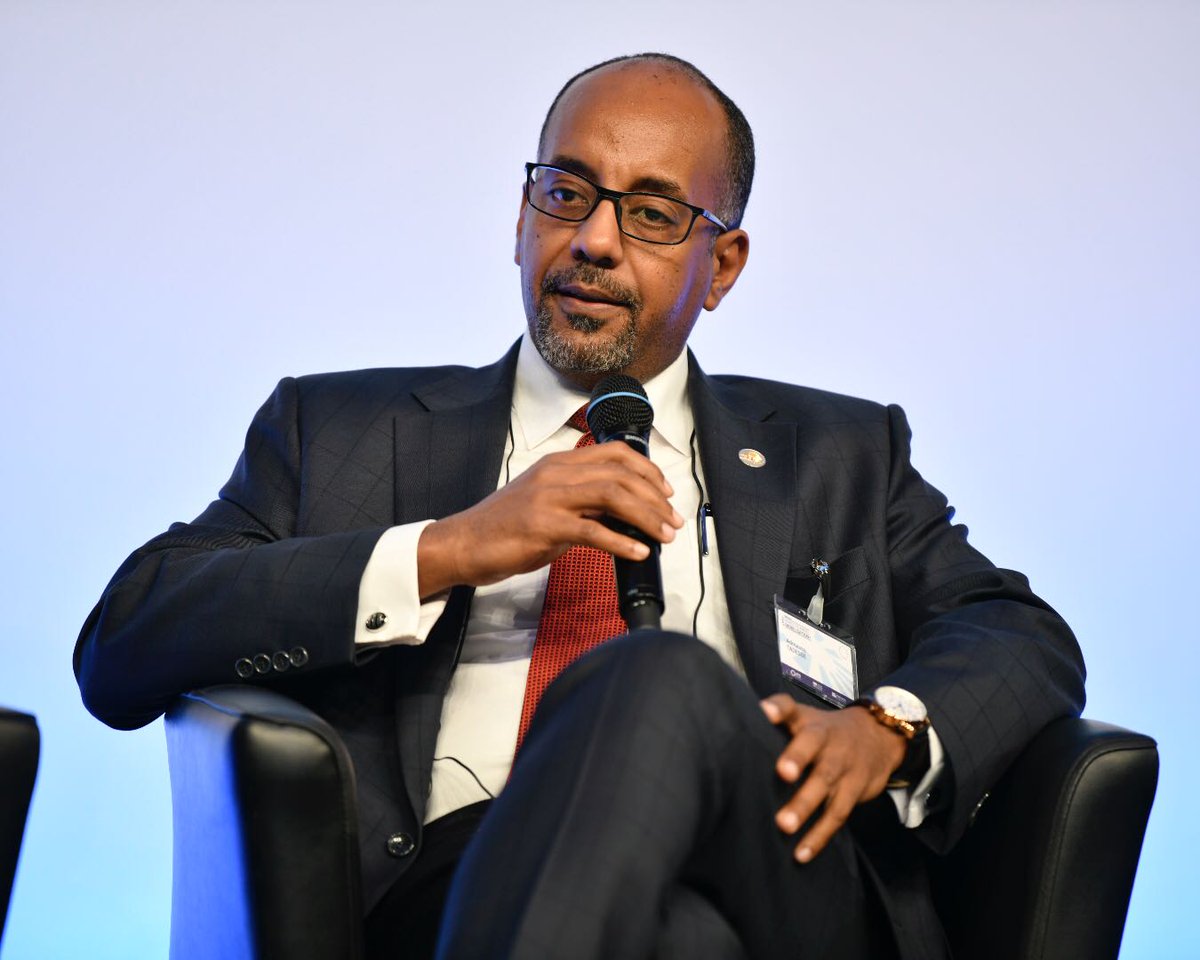
Exclusive Interviews | Nov 21,2018

Fortune News | Apr 17,2021

Photo Gallery | 180802 Views | May 06,2019

Photo Gallery | 170995 Views | Apr 26,2019

Photo Gallery | 162106 Views | Oct 06,2021

My Opinion | 137327 Views | Aug 14,2021

Dec 22 , 2024 . By TIZITA SHEWAFERAW
Charged with transforming colossal state-owned enterprises into modern and competitiv...

Aug 18 , 2024 . By AKSAH ITALO
Although predictable Yonas Zerihun's job in the ride-hailing service is not immune to...

Jul 28 , 2024 . By TIZITA SHEWAFERAW
Unhabitual, perhaps too many, Samuel Gebreyohannes, 38, used to occasionally enjoy a couple of beers at breakfast. However, he recently swit...

Jul 13 , 2024 . By AKSAH ITALO
Investors who rely on tractors, trucks, and field vehicles for commuting, transporting commodities, and f...

Nov 1 , 2025
The National Bank of Ethiopia (NBE) issued a statement two weeks ago that appeared to...

Oct 25 , 2025
The regulatory machinery is on overdrive. In only two years, no fewer than 35 new pro...

Oct 18 , 2025
The political establishment, notably the ruling party and its top brass, has become p...

Oct 11 , 2025
Ladislas Farago, a roving Associated Press (AP) correspondent, arrived in Ethiopia in...

Nov 2 , 2025
The National Bank of Ethiopia (NBE) has scrapped the credit-growth ceiling that had s...

Nov 2 , 2025 . By SURAFEL MULUGETA
The burgeoning data mining industry is struggling with mounting concerns following th...

Nov 2 , 2025 . By YITBAREK GETACHEW
Berhan Bank has chosen a different route in its pursuit of a new headquarters, opting for a transitional building instea...

Nov 2 , 2025 . By BEZAWIT HULUAGER
Nib International Bank S.C. has found itself at the epicentre of a severe governance...